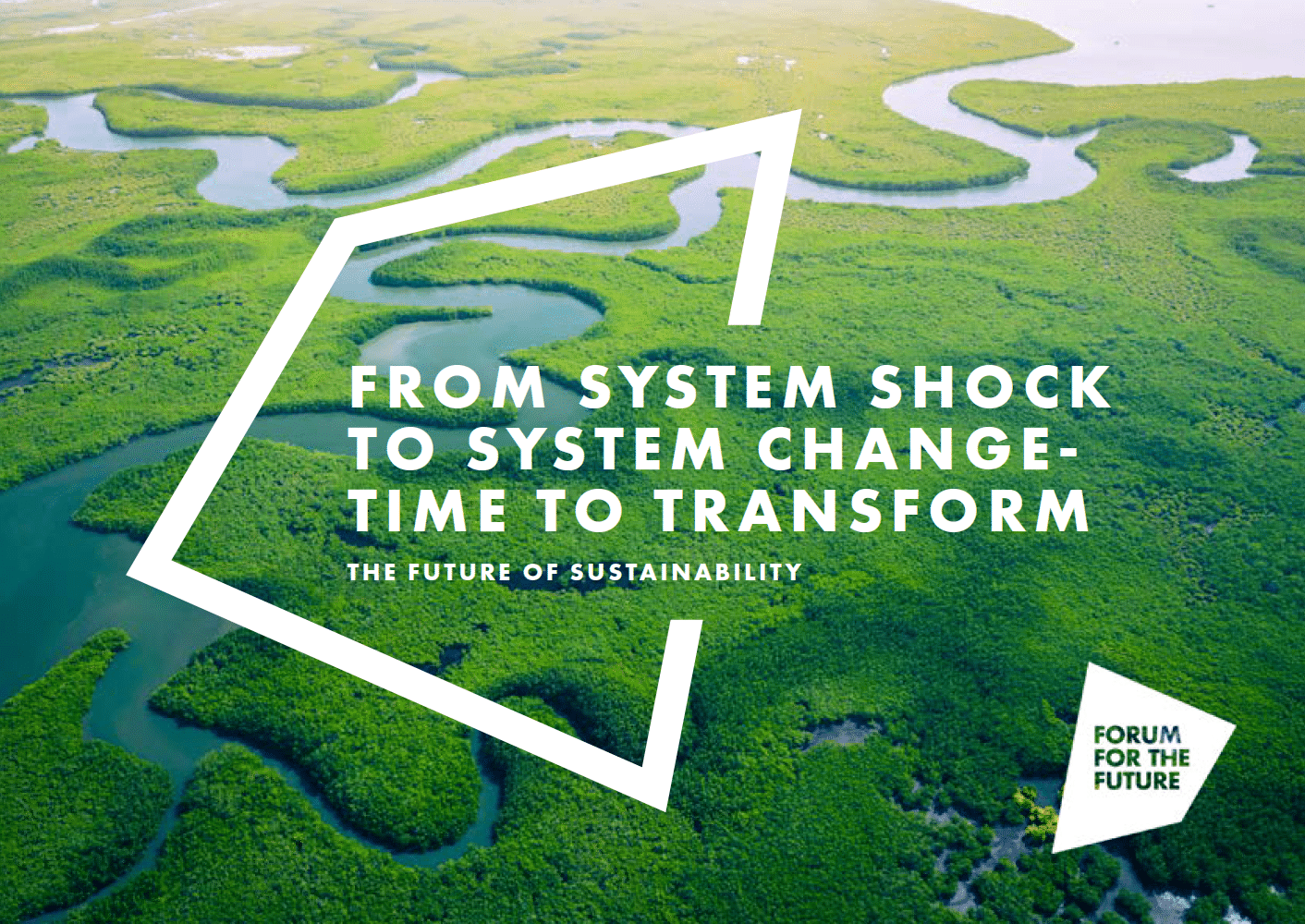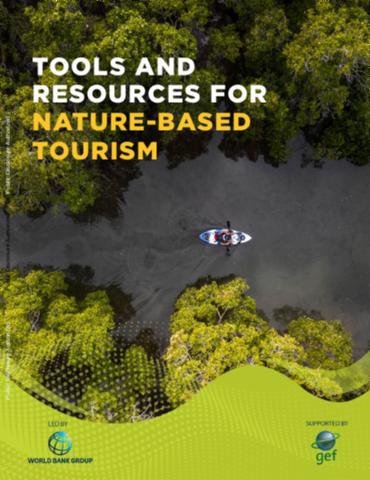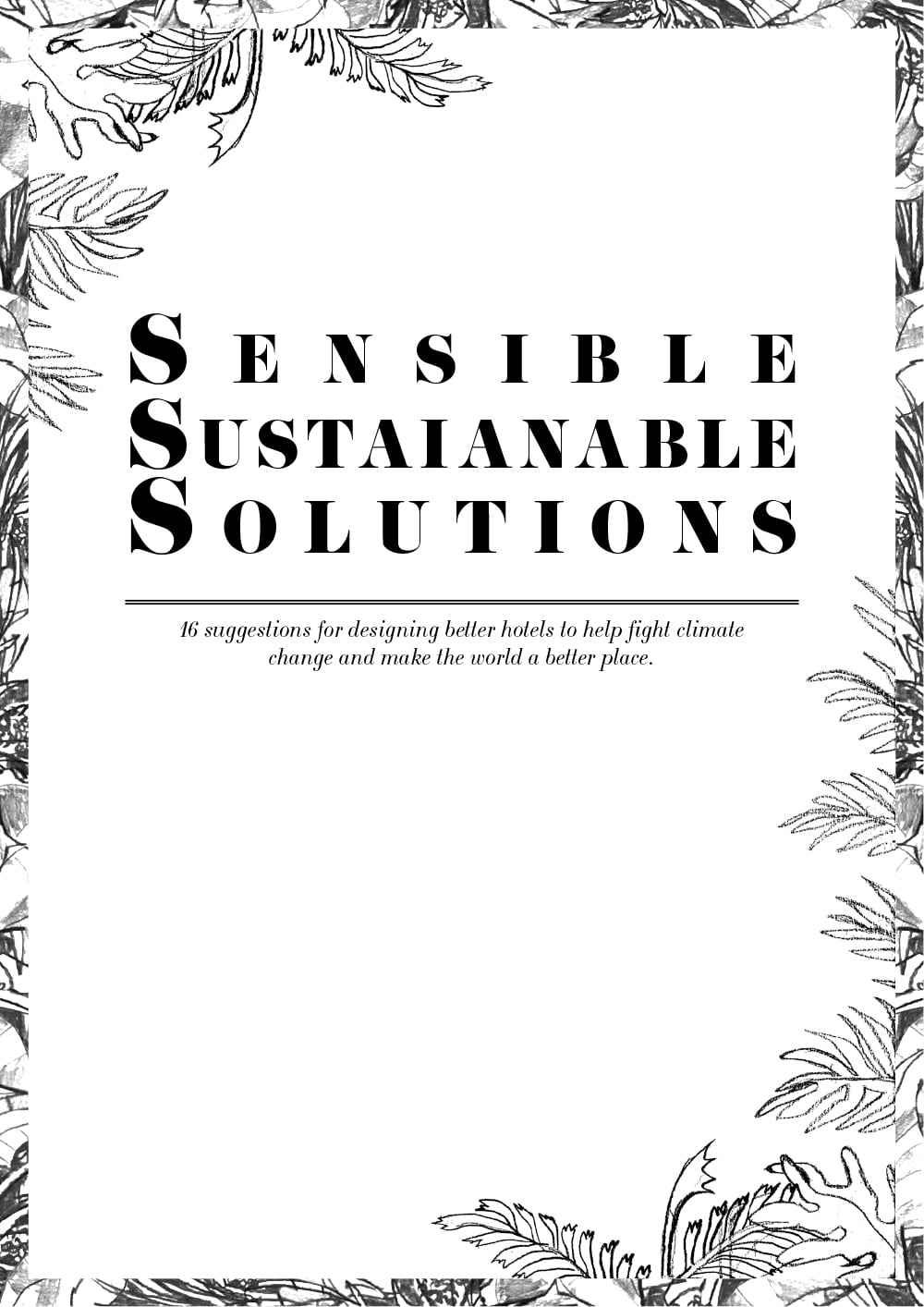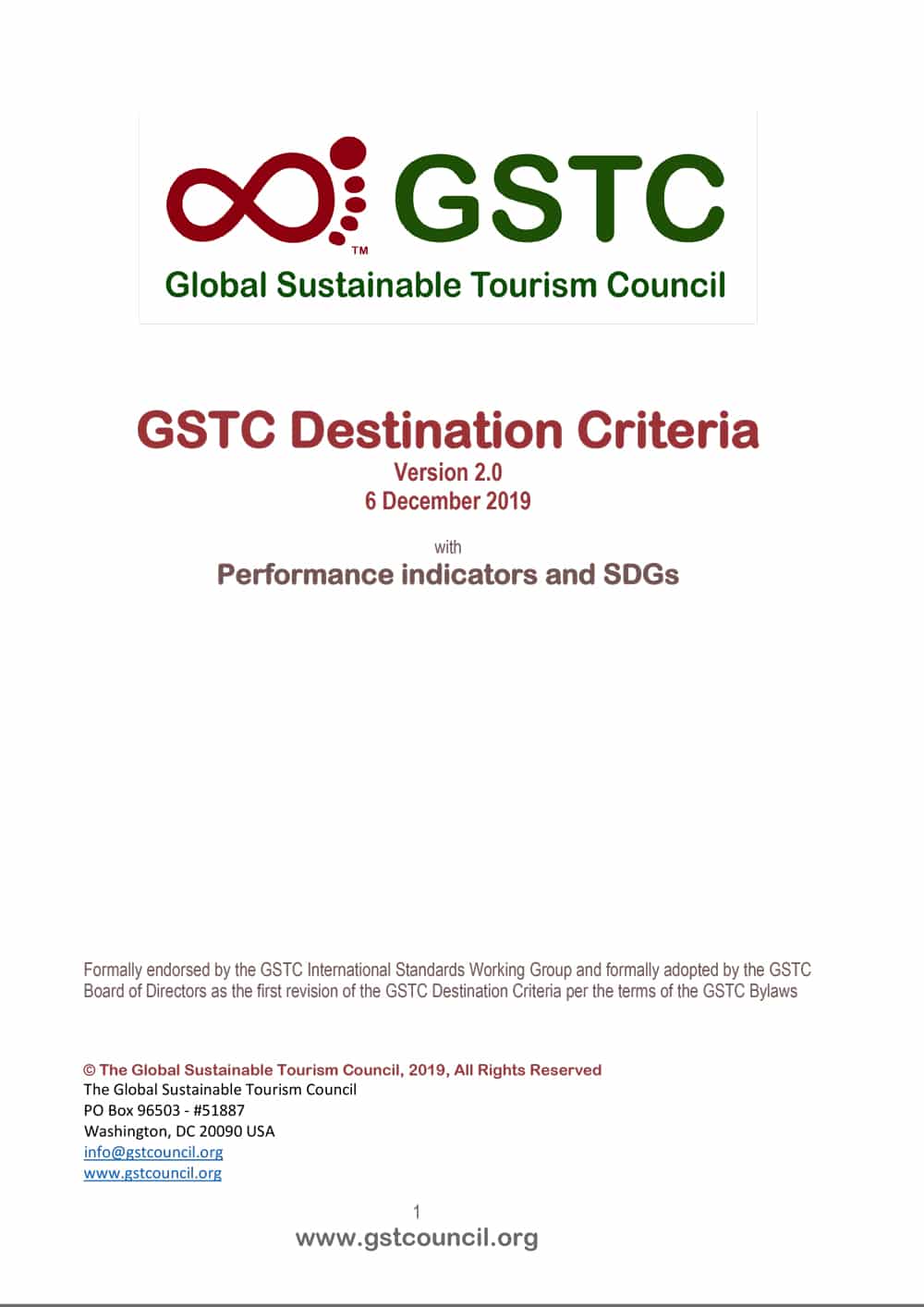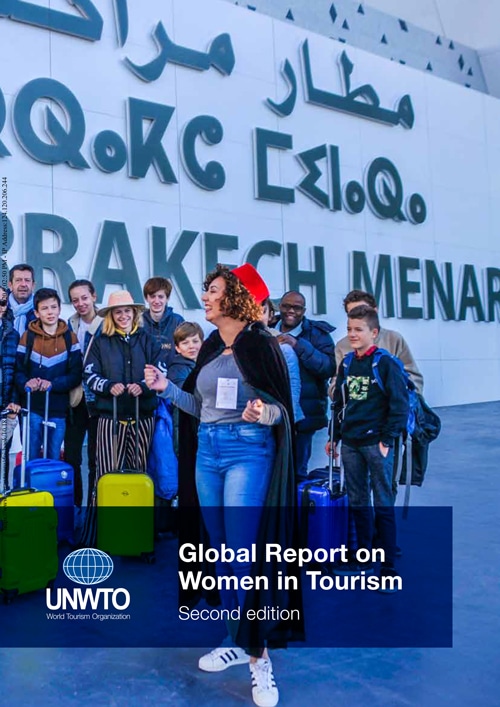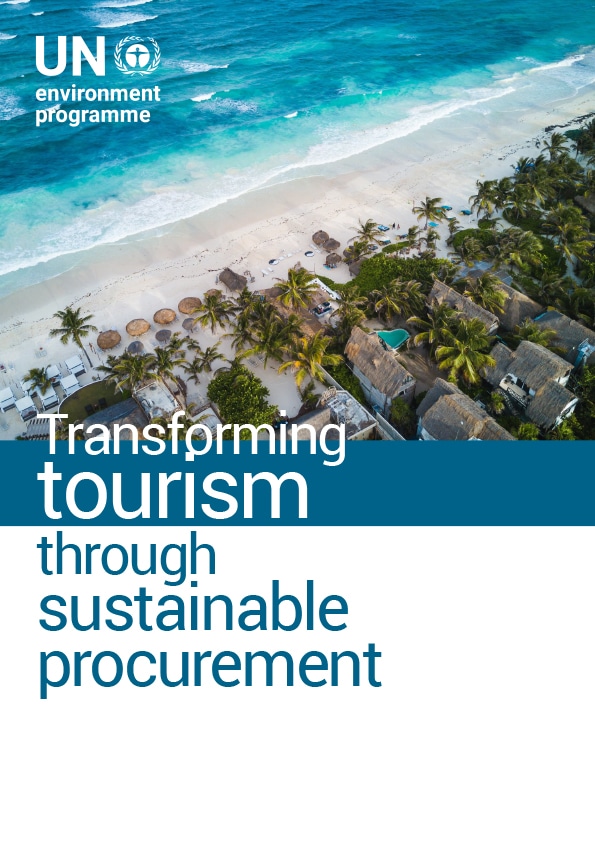As ASEAN pursues greater regional integration and the development
of a single economic community, advancements in the region’s
aviation industry are essential to boost economic connectivity and
tourism. Half the world’s population live within five hours of ASEAN,
making it a natural transportation hub for visiting the region’s sunny
beaches, accessing growing economic opportunities.
FROM SYSTEM SHOCK TO SYSTEM CHANGE – TIME TO TRANSFORM
In this report, we explore some of the key dynamics that lie at the heart of these transitions. And we ask how we can make active choices now that will transform our future prospects by embedding, at the heart of our strategies and plans, the realisation that a fundamentally different model is needed. A model that puts people’s wellbeing and planetary health first, as the overriding imperatives. Planetary health is not separate to human wellbeing. The two are intricately intertwined. In order to achieve the just, resilient and truly sustainable world we want we advocate a regenerative approach – enhancing the underlying capacity of all individuals, communities and ecosystems, to be healthy, to keep evolving, and fulfilling their potential.
Continue readingTools and Resources for Nature-Based Tourism
Luxury is DEAD. There is no point in designing lavish hotels just to put heads on beds – every hospitality project should have a purpose and a candle to light. We in hospitality – designers, owners or operators – have the superpower of reaching thousands of people. We should shoulder more responsibility concerning issues like education, clean accessible water, alternative energy, energy consumption, food waste, wildlife protection, and conservation. The big hotel companies are part of nature and society too, not just economy. Here are some ideas of how to do something real…
Continue readingSensible Sustainable Solutions
Luxury is DEAD. There is no point in designing lavish hotels just to put heads on beds – every hospitality project should have a purpose and a candle to light. We in hospitality – designers, owners or operators – have the superpower of reaching thousands of people. We should shoulder more responsibility concerning issues like education, clean accessible water, alternative energy, energy consumption, food waste, wildlife protection, and conservation. The big hotel companies are part of nature and society too, not just economy. Here are some ideas of how to do something real…
Continue readingGSTC Destination Criteria
The Global Sustainable Tourism Council (GSTC) Criteria were created to provide a common understanding of sustainable tourism. The GSTC Destinations Criteria – known informally also as “GSTC-D” — are the minimum that any tourism destination should aspire to reach. They are organized around four main themes: sustainable management; socio-economic impacts; cultural impacts; and environmental impacts. They have applicability to the entire tourism sector.
Continue readingGlobal Report on Women in Tourism
The aim of the Global Report on Women in Tourism – Second Edition, is to examine the key factors that contribute to gender equality in the tourism sector. It pinpoints challenges and identifies ways to mitigate inequality and harness tourism’s potential to advance gender equality and women’s
empowerment worldwide.
Transforming tourism through sustainable procurement
Globally, the tourism industry already accounts for an average of 9 per cent of nations’ gross domestic product (GDP), and its importance is bound to increase even more. The United Nations World Tourism Organization projects international tourist arrivals to increase from 1.1 billion in 2014 to 1.8 billion in 2030. For many developing countries tourism is a key pillar of national development contributing to growth, employment, investment as well as technology dissemination. In many small island developing states (SIDS), it accounts for up to 25 to 60% of national GDP.
Continue reading

